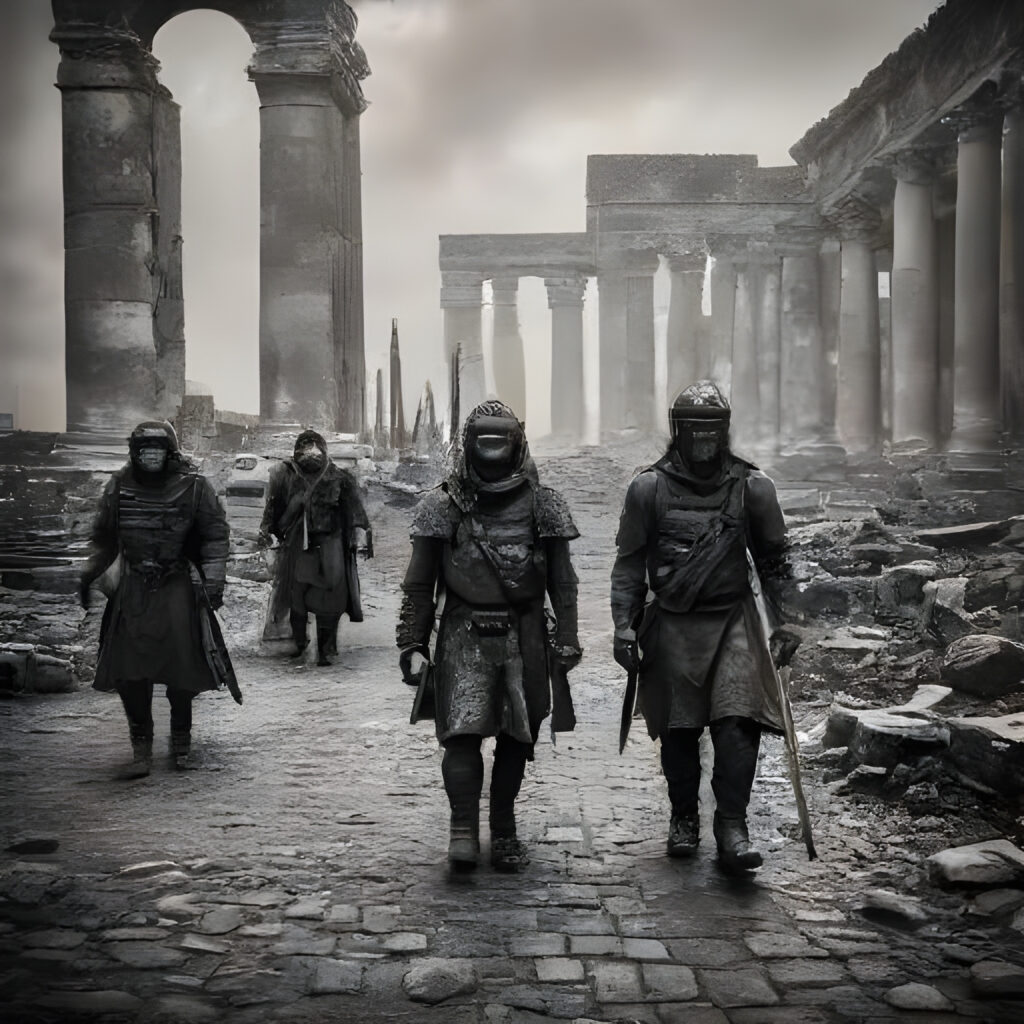The Birth of Anglo-Saxon England

We have only the faintest of outlines of what occurred in the two centuries following the withdrawal of Roman forces from Britannia. Our one contemporary source, Gildas, a Romano/British priest who lived in the second half of the 5th and into the 6th century, wrote what is perhaps the most frustrating book ever penned. His De Excidio et Conquestu Britanniae (On the Ruin and Conquest of Britain) is a jeremiad against the corrupt rulers of his time. Gildas calls down calumny on the Britonnic rulers that he holds responsible for the tribulations facing his people. But unfortunately, he does all this without mentioning a single date and many of the kings he labels by their attributes rather than their names, making working out who he’s talking about a matter of educated guesswork.
However, Gildas is clear that the tribulations faced by the Britons, a Christian people still bearing the dignity of Rome, came in the shape of barbarian invaders: the Saxons.
According to this story, the two centuries following the end of direct Roman rule were a time of strife. Seafaring Germanic raiders, against whom the Saxon Shore forts had been raised, continued to raid but their raids turned into full-scale invasions. The traditional story, which is compiled from Gildas and Bede, tells of how the Britons invited Germanic mercenaries to settle in the country. Gildas does not name the protagonists; it is Bede who names the Britonnic king as Vortigern and the mercenary leaders as the brothers, Hengist and Horsa.
Gildas’s laconic account has the Saxons attempting to gouge more money for their services and, when this is refused, deciding to take payment directly. In one of those details that Gildas slips in which makes historians, on the point of despairing at finding anything of value in his account, decide that there might be something in what he says after all, he records that the first party of Saxons arrived in three cyulis (‘keels’), the name they gave their war boats. Cyulis is probably the first recorded word of English. Bede records that Horsa died in battle against the Britons, a burial mound being raised over him in Kent that was still extant in his time.
Later accounts, in the Anglo-Saxon Chronicle and the History of the Britons, put the brothers’ landing at Ebbsfleet and their first base on the Isle of Thanet, from which they gradually wrested control of Kent.
0 Comments